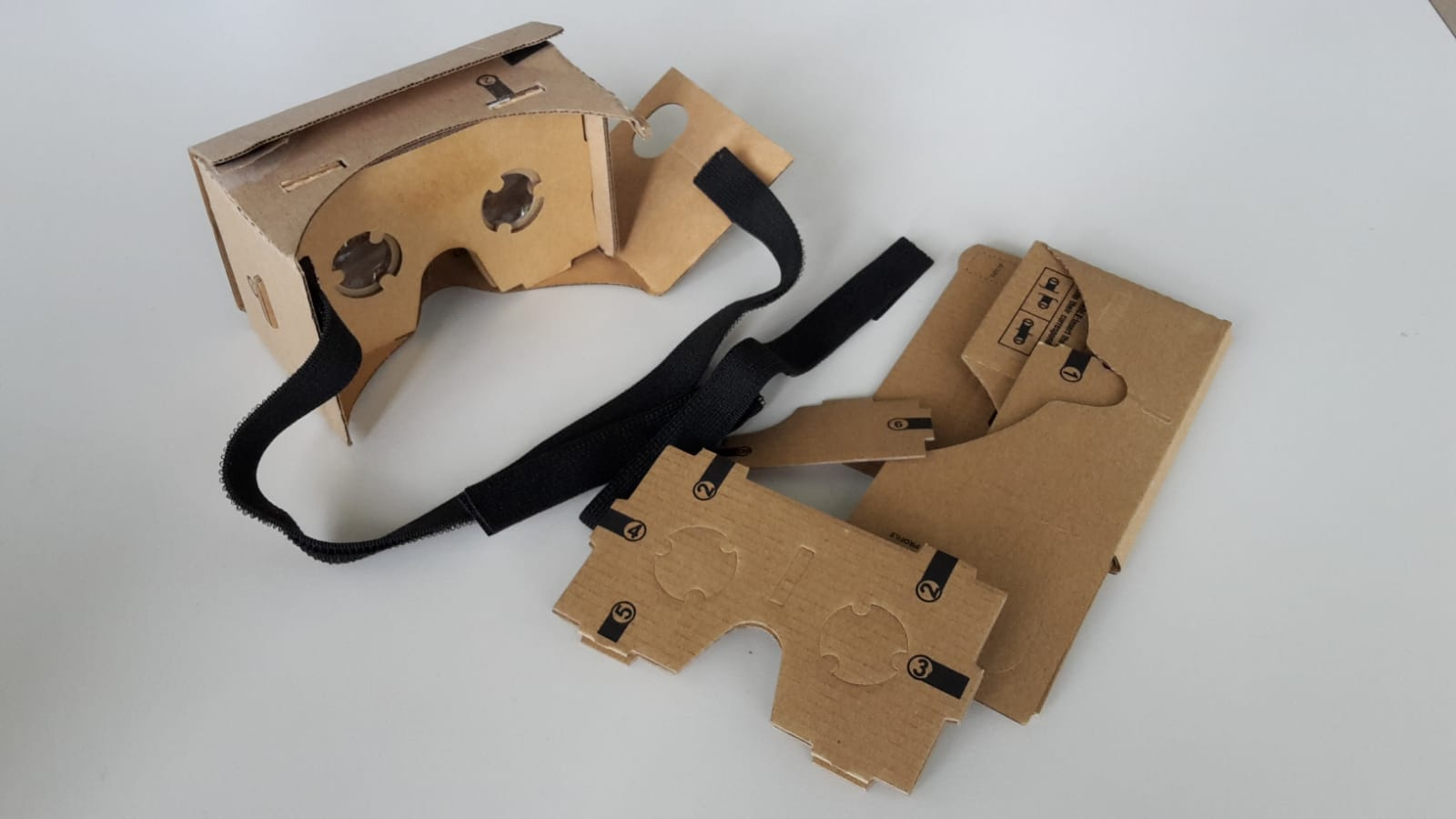- Event
- Workshop
Science videos in VR
DIY Google Cardboard Workshop on 360° science videos
Thu, July 05, 2018 4:00 pm – 6:00 pm CEST
- Location
- OpenHUB, Atrium 8+9
Does code replace reality, does reality become virtual? Technology is no longer limited to science fiction films, but increasingly uses Virtual Reality (VR). Even though corresponding hardware and software have been on the market for several years, VR glasses (head-mounted displays) are only now becoming more widespread and are increasingly used in the business and entertainment sector.
360° videos are an exciting link between the virtual and the real world. For two reasons: Firstly, they depict real spaces and enable an immersive user experience without being on site. The realistically depicted impression can be supplemented virtually at the same time, e.g. by fade-ins, labels or highlights. Second, the technology can also be a »bridge technology« on the way to VR applications, since 360° videos can be created much easier and cheaper than fully animated virtual realities. This means that content can also be produced on a limited budget. Current apps (e.g. Youtube and Facebook mobile apps) already support 360° photos and videos so that users can join directly.
Can these characteristics also be used for science communication? Science in particular is often accused of being far removed from the everyday lives of many people. Can this be changed by virtual laboratory tours, expeditions and other immersive insights into the world of science? And: Very few people still have their own head-mounted display. Can inexpensive Google Cardboard glasses equipped with an own smartphone provide a satisfying user experience?
We want to find out in the workshop! The participants assemble their own Google Cardboard glasses and explore 360° science videos (material will be provided, please bring your own smartphone). We want to share our experiences and find out what works well and what works rather badly.
The workshop will be conducted by the KIT Junior Research Group »Science In Presentations«. The research group investigates various forms of scientific presentations for the public - from evening lectures, science slams and web videos to 360° videos and VR.
